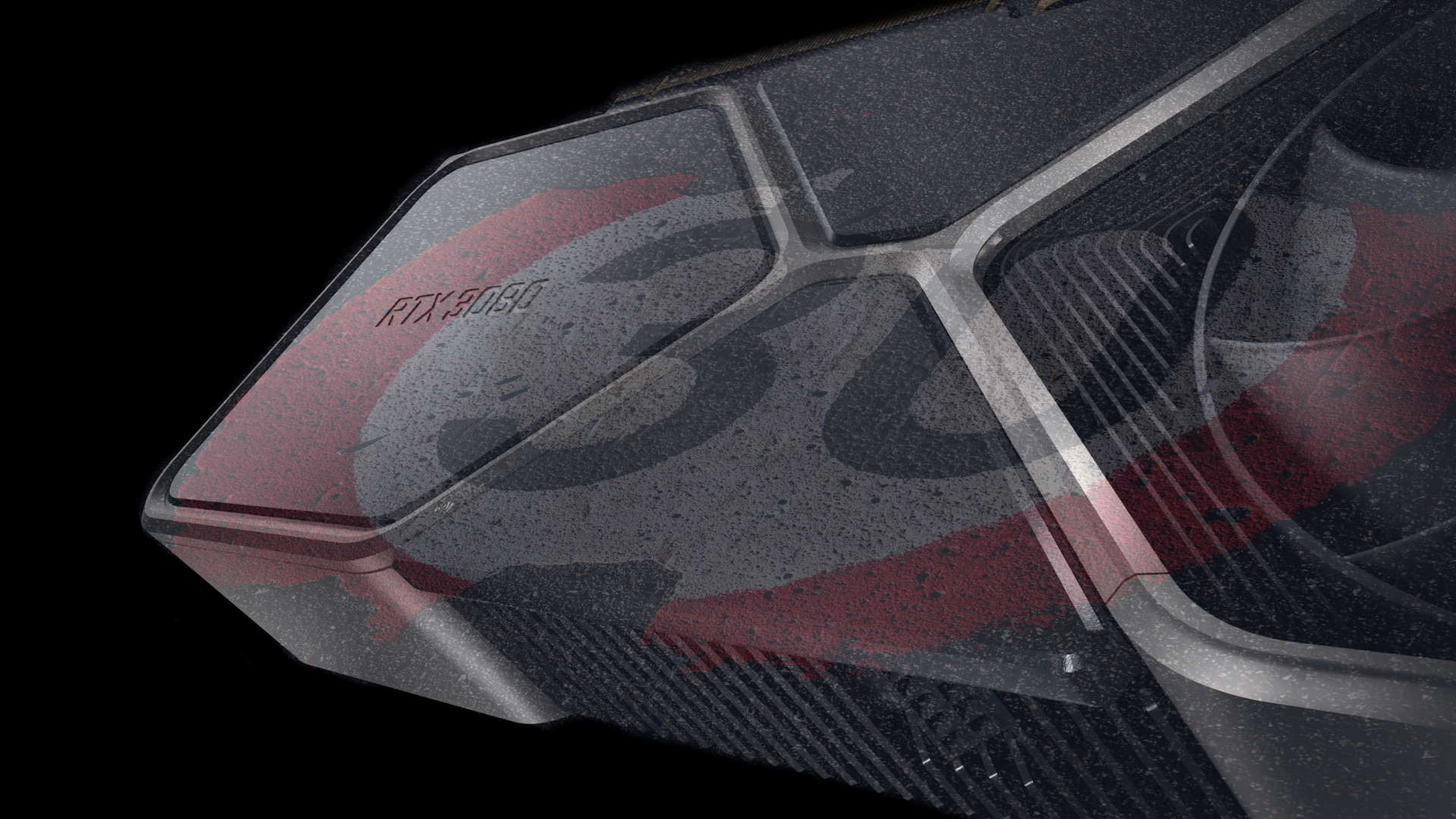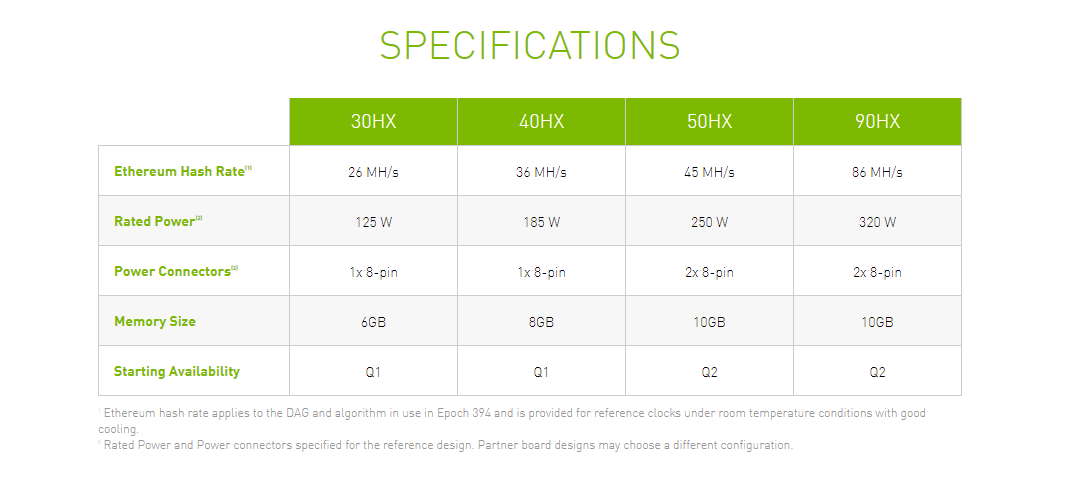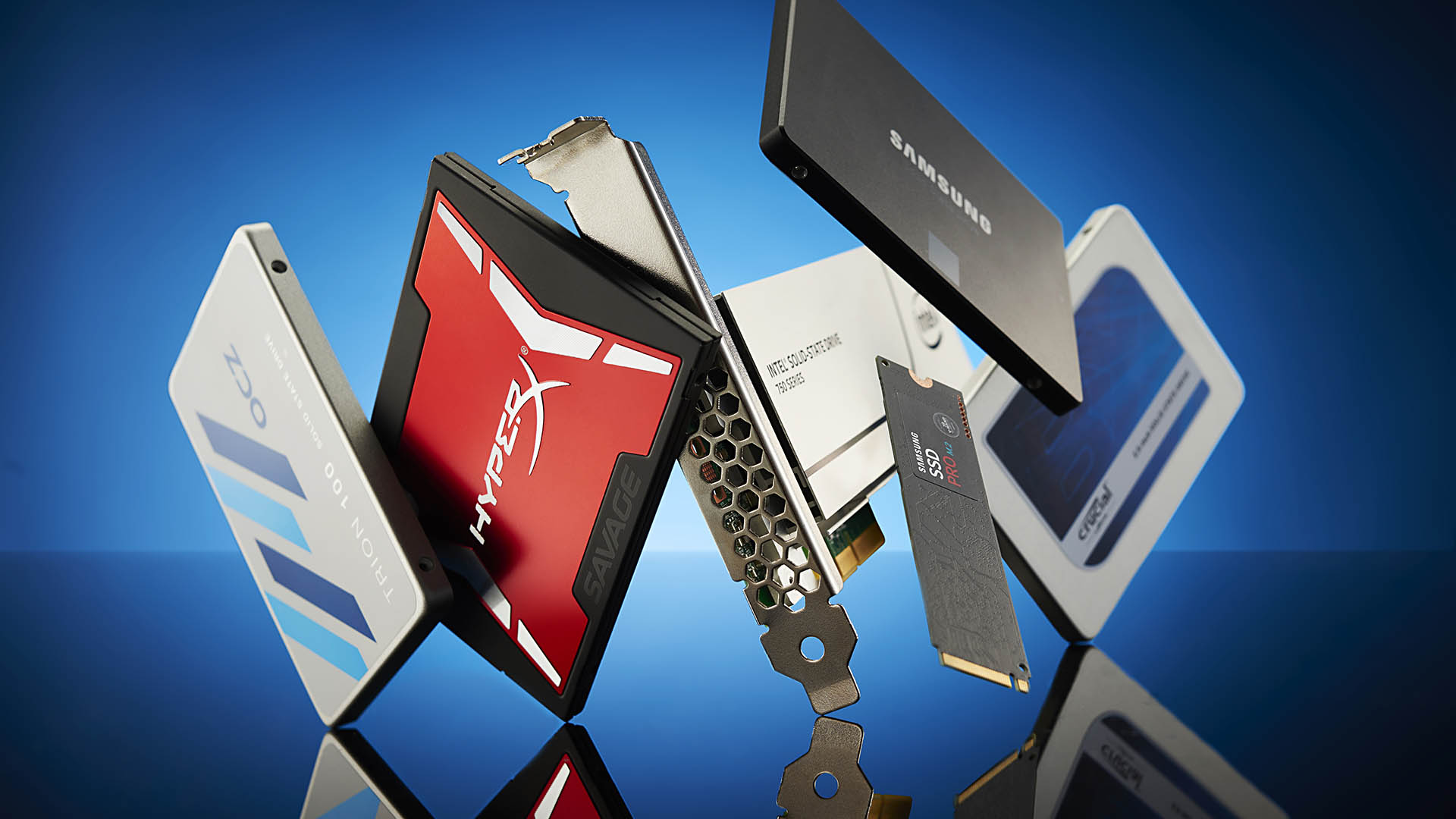Nvidia is 'not limiting the performance of GPUs already sold' when it cuts RTX 3060 hash rate
The new RTX 3060 release driver, which cannot be hacked, won't affect older Ampere GPUs' ability to mine Etherium.

Nvidia may be limiting the cryptocurrency mining performance of the new RTX 3060, but it has confirmed to us that it is "not limiting the performance of GPUs already sold." So, if you're the proud owner of a Vietnamese internet café, who has just invested in a bunch of Nvidia RTX 3080 cards, don't despair, you'll still be able to update your drivers and earn a whole lot of cash from mining.
The green team announced that the new release drivers for the RTX 3060 will limit the hash rate of the new mainstream Ampere card if it detects specific attributes of the Etherium cryptocurrency mining algorithm. That speed limitation will cut the mining performance of the new mainstream Ampere GPU by half.
The approach is designed to make the most affordable RTX 30-series GPU so far less desirable for miners, with the aim that it will mean all the new cards find their way into gaming PCs and not power-draining mining rigs. Nvidia says it's "an important step to help ensure GeForce GPUs end up in the hands of gamers."
We had assumed that the unhackable software limit which holds back the RTX 3060 from being an efficient mining GPU would enforce the same performance degradation on other Ampere-based cards running the same new driver release, but Nvidia has confirmed to us that is not the case at all.
Thinking about it, that is absolutely fair. As Jacob pointed out to me earlier, while we might not like what GPU mining is doing to the stock of modern graphics cards, it's not illegal. And so, for Nvidia to arbitrarily cut the performance of something that people may have genuinely bought for mining after the fact would be bad form indeed. And in some alternate universe there could potentially have been some legal repercussions too.
That means anything from the Nvidia RTX 3060 Ti, and above, are still fair game for GPU mining. Though the green team is still working to steer cryptocurrency lovers away from its GeForce cards by setting up a whole new silicon stream, the Cryptocurrency Mining Processor, or Nvidia CMP.


Best SSD for gaming: the best solid state drives around
Best PCIe 4.0 SSD for gaming: the next gen has landed
The best NVMe SSD: this slivers of SSD goodness
Best external hard drives: expand your horizons
Best external SSDs: plug in upgrades for gaming laptops and consoles
These are non-gaming cards, without video outputs, and with lower frequency and voltage settings to boost mining efficiency, and "don’t meet the specifications required of a GeForce GPU and, thus, don’t impact the availability of GeForce GPUs to gamers."
The biggest gaming news, reviews and hardware deals
Keep up to date with the most important stories and the best deals, as picked by the PC Gamer team.
We still don't know what's in these CMP cards as Nvidia is not commenting further on the make up of the new silicon, but we're starting to suspect that the four CMP chips announced today will be formed of both Turing and Ampere GPUs. The top card, the 90HX, looks suspiciously like an RTX 3080, while the others could easily be older Turing chips.
If Nvidia is using its last-gen 12nm GPUs for the lower order CMP cards, then that might go some way to explaining how this new generation of Nvidia products won't have any impact on the production of GeForce cards for us GPU-starved PC gamers.

Dave has been gaming since the days of Zaxxon and Lady Bug on the Colecovision, and code books for the Commodore Vic 20 (Death Race 2000!). He built his first gaming PC at the tender age of 16, and finally finished bug-fixing the Cyrix-based system around a year later. When he dropped it out of the window. He first started writing for Official PlayStation Magazine and Xbox World many decades ago, then moved onto PC Format full-time, then PC Gamer, TechRadar, and T3 among others. Now he's back, writing about the nightmarish graphics card market, CPUs with more cores than sense, gaming laptops hotter than the sun, and SSDs more capacious than a Cybertruck.

